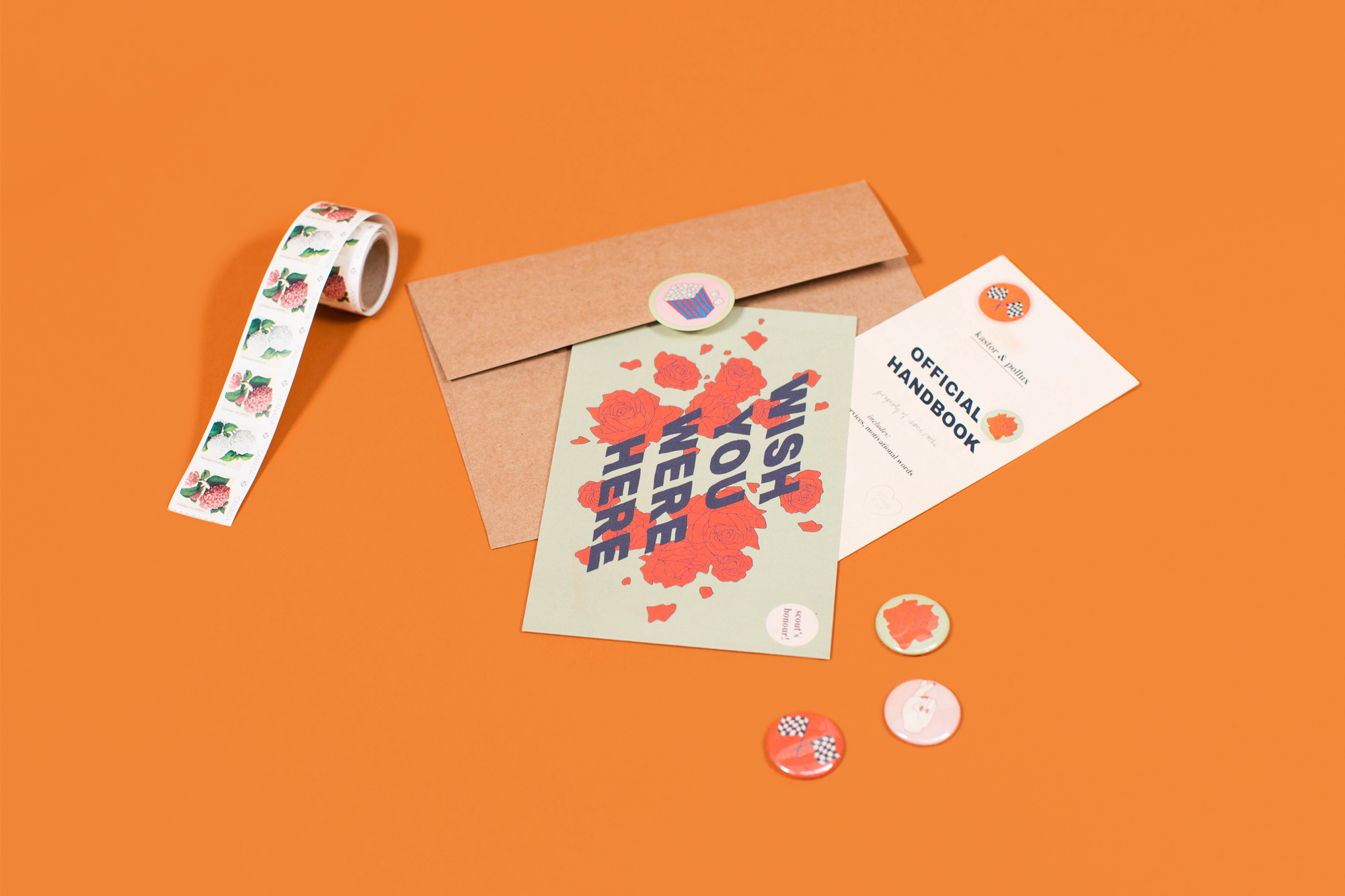Design
Sex Talk: Going down – Is there a gender gap?

The short answer is yes. But it’s not the gender gap I was expecting.
When I first dove headfirst (pun intended) into the social nuances between fellatio and cunnilingus, I presumed I’d find that most men were getting way more oral sex than the average woman because, y’know, misogyny is real and rampant everywhere (and all I do, all damn day long, is shake my fist in the air over it). Perhaps the many stories of blowjobs in bathroom stalls and t-shirts with (TR)EAT YOUR GIRL RIGHT splatted across the front led me to believe that partners are intentionally depriving ladies of some well-deserved head.

In reality, a recent study published in The Canadian Journal of Human Sexuality found that men and women’s attitudes on *giving* oral sex are more or less the same. People enjoy performing fellatio and cunnilingus, regardless of gender. Furthermore, it’s equally pleasurable to receive them no matter the genitalia. Historically, oral sex in general was considered taboo, but a shift in social consciousness has made it acceptable (if not standard).

Turns out, the discrepancy is less about aversion to eating pussy and more about aversion to getting eaten. In other words, people are willing (and in many cases, *more than* willing) to go down on females—it’s females who are hesitant about asking for and/or accepting it.
Why? Participants in the aforementioned study voiced a simple concern over their “freshness” during that particular encounter, but after digging deeper scholars found a much more troubling explanation. The latter proposed that the persistent negative cultural representations of female genitals are to blame. Constructions of women’s bodies as leaky, filthy, and disease-prone have perpetuated that they’re shameful, despite the alleged unlearning of those archaic notions.

In young women primarily, comfort levels around receiving oral sex relates to how they feel about their bodies. This is especially alarming when noting that the fastest-growing cosmetic surgery among today’s teenage girls is labiaplasty—a potentially dangerous not to mention sensation-reducing procedure where the inner and outer labia are trimmed for aesthetic purposes.
I don’t need to tell you that body image issues (and less vaginas getting licked as a result) are problematic. I’m here to propose we all consider that the conditions under which we’ve developed our understanding of female genitalia (and the conditions under which children and adolescents may *still* be developing in) are flawed. With that awareness, we can reevaluate their impact on our sexual behaviour, self-knowledge, and communication amongst many other fundamental aspects of life. From there, we’re able to reframe not only our own lenses but the lenses of everyone around us.



























